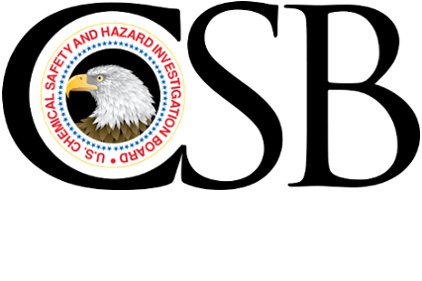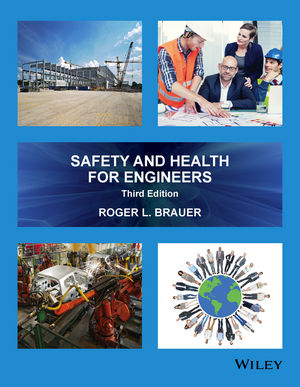The U.S. Chemical Safety Board (CSB) has released its second safety message in an occasional series focusing on the impacts of chemical accidents on people’s lives. The short video features Amy Gumbel, sister of Matt Gumbel - one of the workers fatally injured in the 2010 explosion and fire at the Tesoro Refinery in Anacortes, Washington.
Entitled “The Human Cost of Gasoline” the 4-minute video explores how losing a loved one in a tragic chemical accident affects family members years later.
Caught in the flames
In 2010, thirty-four-year-old Matt Gumbel was working as an operator at the Tesoro refinery in Anacortes. On the night of April 2, Matt and other workers were performing maintenance on the refinery’s naphtha hydrotreater unit. Unknown to the workers, a heat exchanger in the unit had been severely weakened over a period of years by what is called “high temperature hydrogen attack.” Suddenly and without warning the heat exchanger blew apart causing a massive fire. Matt and six others were caught in the flames.
In the video Ms. Gumbel describes the emotions that she and her family had following the fire and explosion: “Matt was everyone’s hope. I think we all thought, especially after the first couple of weeks, that Matt was going to come home one day. And everyone really just had this tremendous hope that at least one person was going to come out of it alive.”
Until regulations change - no improvement
Four years after the accident Matt’s sister wants to see improvements made and looks forward to change. “I would like to see laws changed in order to improve safety. I think that until our governments, whether it be state or federal, change the laws and the types of regulations that these companies should have, I don’t think there’s going to be any improvement,” said Ms. Gumbel.
The CSB is an independent federal agency charged with investigating industrial chemical accidents. The Board does not issue citations or fines but does make safety recommendations to plants, industry organizations, labor groups, and regulatory agencies such as OSHA and EPA.








